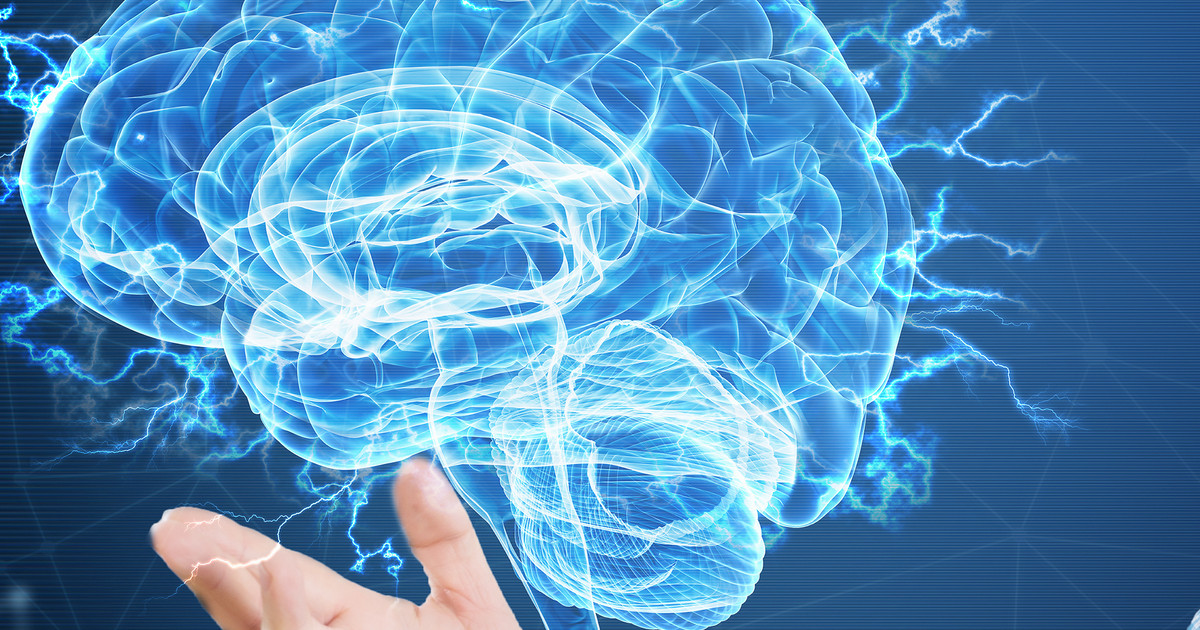Understanding The Causes And Risk Factors For Post-Traumatic Stress Disorder
Chemical And Hormonal Issues

In the past, the reasoning behind symptoms of post-traumatic stress disorder wasn't well-known. However, more and more research is showing PTSD patients have altered brain chemistry. When the brain witnesses the traumatic event, it goes into a heightened state of awareness. Even when the event is over, the brain continues to send out these panic signals. It's a defense mechanism in overdrive. Some individuals may find they won't experience symptoms until after leaving an abusive or unstable environment because of how their brain was compartmentalizing the experience. Post-traumatic stress disorder is characterized by a huge number of chemical and hormonal issues. The biggest hormone change is in cortisol production. Cortisol is the body's stress hormone, and PTSD patients tend to have elevated levels of it even in safe situations. These elevated cortisol levels can, in turn, lead to too many myelin cells being produced, and too few neurons being produced. The changes alter the entire structure and functioning of the brain. This is part of why constant stress also has an impact on an individual's memory and ability to learn.
Get more information on what can increase someone's risk of developing post-traumatic stress disorder now.